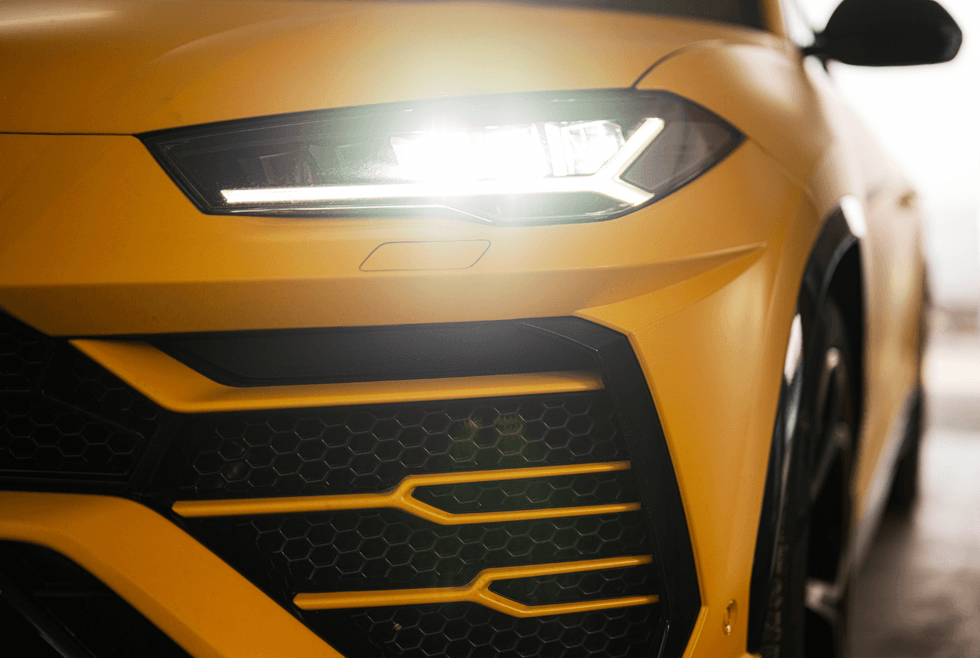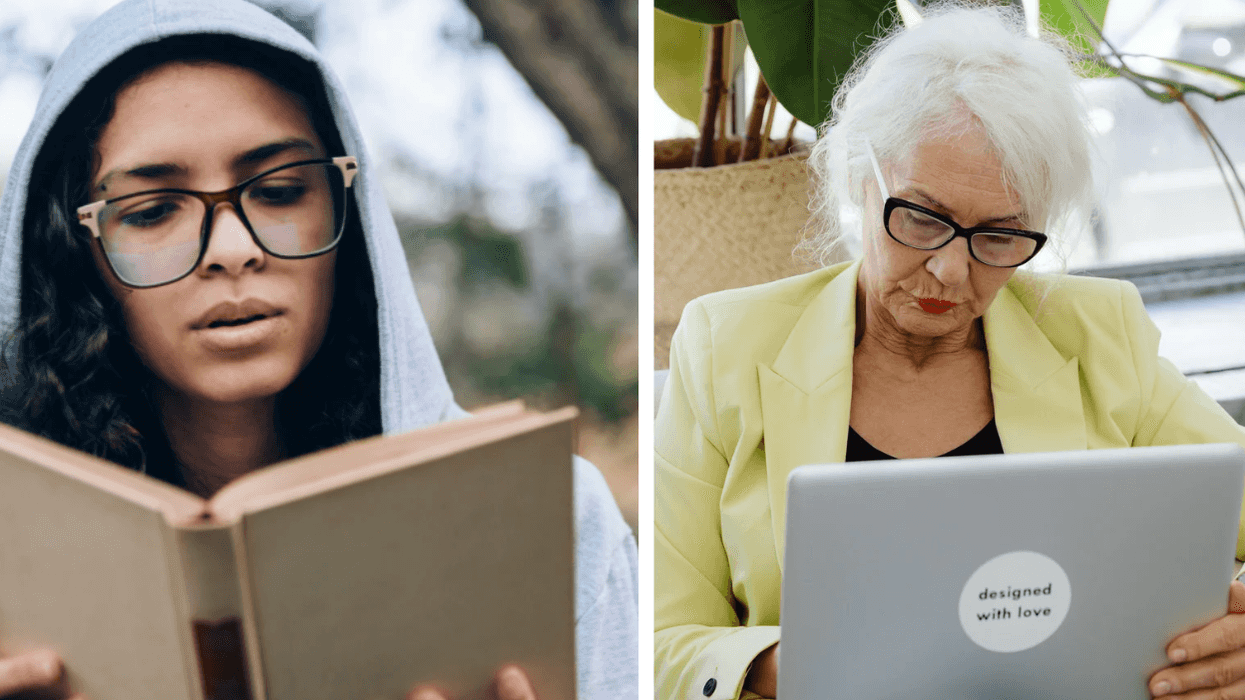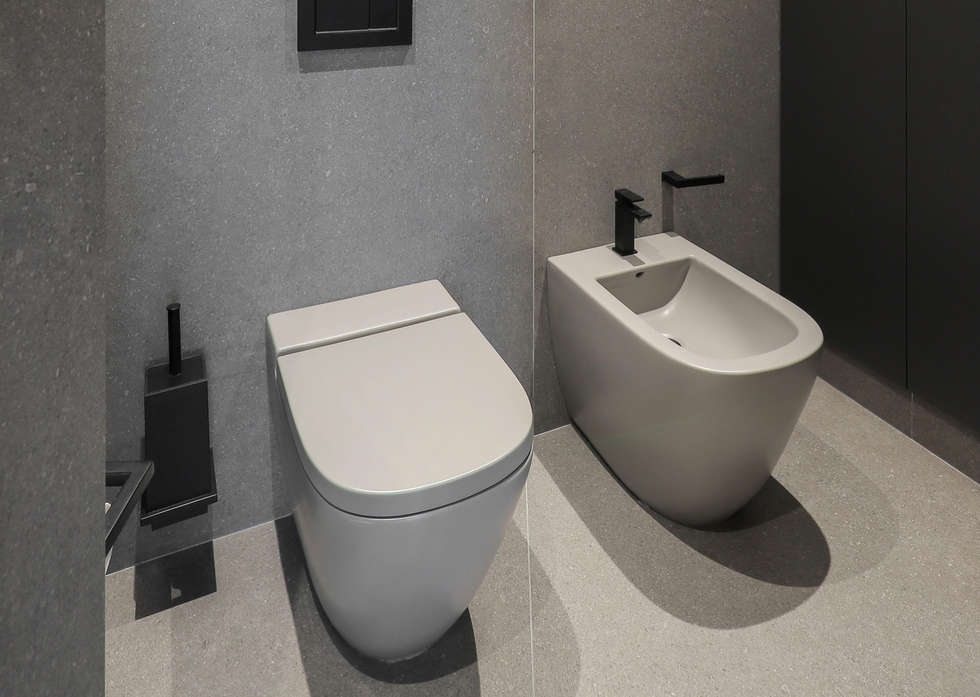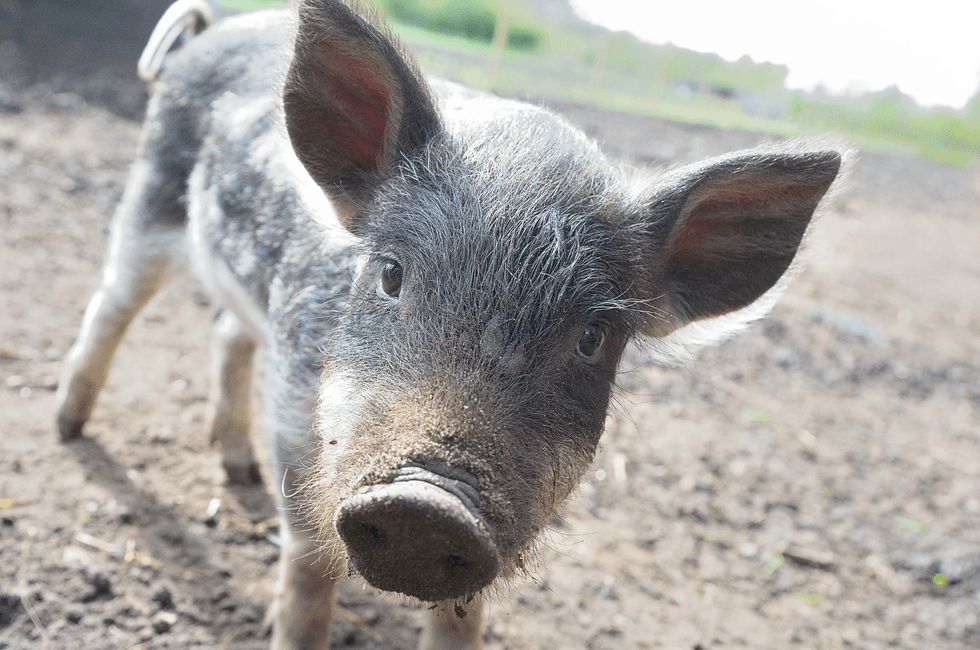Give Cities Smarter Trash Cans
When we talk about making cities sustainable, bike lanes and rooftop gardens get mentioned more often than better trash cans. But in our downtowns, sanitation trucks make near-constant trips to collect garbage from unsightly, overflowing containers-adding to pollution and traffic. That's why we need more BigBelly Solar Compactors.Each BigBelly is a bin and compactor in one. By compacting trash on the street, the 32-gallon BigBelly can hold 150 to 200 gallons of trash. The BigBellys are powered by solar panels-they're entirely off the grid-and send text messages to the city when they're full, so collection trips are only made when they need to be, instead of requiring a daily drive.Last year, bulky trash accumulated so quickly in the wire containers throughout Philadelphia's Center City that each one had to be emptied 19 times per week-almost three times each day. When Philadelphia introduced the BigBellys downtown, each one only had to be emptied once a day. To fund the transition, Philadelphia used $2.2 million in grant money. Meanwhile, they're estimated to save $875,000 each year-and free up city workers for other jobs.Other cities have been experimenting with the trash compactors, too. Boston installed 42 of them in 2008, and they've been introduced in New York, Vienna, and Vancouver, among other places. With smart bins, waste collection doesn't have to be wasteful.LEARN MORE Watch a GOOD video on BigBelly trash compactors.
















 A happy entrepreneur at workCanva
A happy entrepreneur at workCanva
 Raccoons know how to get around.
Raccoons know how to get around. The dexterity of raccoon hands enables their humanlike escapades.
The dexterity of raccoon hands enables their humanlike escapades. The dexterity of raccoon hands enables their humanlike escapades.
The dexterity of raccoon hands enables their humanlike escapades.
 A car with LED headlightsCanva
A car with LED headlightsCanva




 A collection of toilet paper rollsCanva
A collection of toilet paper rollsCanva A bidet next to a toiletCanva
A bidet next to a toiletCanva A cute pig looks at the cameraCanva
A cute pig looks at the cameraCanva A gif of Bill Murray at the dentist via
A gif of Bill Murray at the dentist via  A woman scrolls on her phoneCanva
A woman scrolls on her phoneCanva